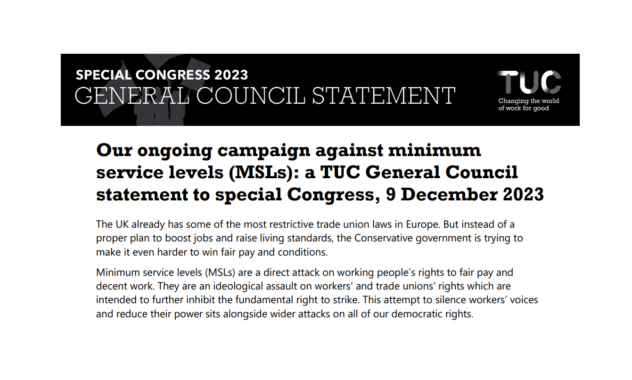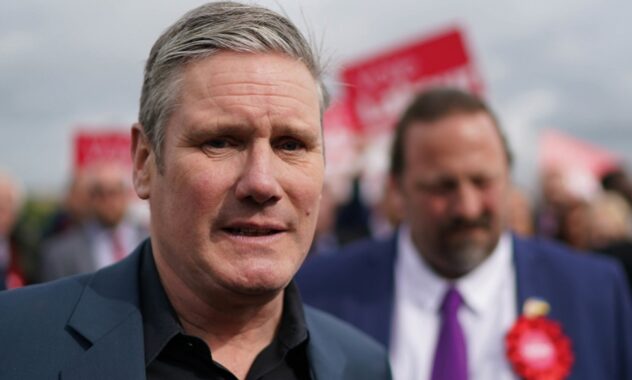IMF warns against increasingly unfettered capitalism; urges govts to tackle income inequality
In a series of recent statements, the International Monetary Fund (IMF) has warned governments to rein in the excesses of capitalism and take measures to tackle income inequality.

Speaking to the Peterson Institute of International Economics in the US last week, Head of the IMF, Kristalina Georgieva, said the unequal distribution of wealth in developed countries was getting out of hand, reaching or nearing record highs.
She made a particular example of the UK, where the top 10% of the population holds almost the same amount of wealth as the bottom 50%.
“This troubling trend is reminiscent of the early part of the 20th century when the twin forces of technology and integration led to the first Gilded Age, the Roaring Twenties, and, ultimately, financial disaster,” she said.
Indeed, IMF research published last week showed a strong association between income inequality and financial crises.
Georgieva’s speech came after she published a similarly out-of-character blog post urging governments to increase taxes on the wealthy.
Describing economic inequality as “one of the most complex and vexing challenges in the global economy”, she also backed an uptick in public spending, signalling yet another u-turn from the IMF’s traditionally free-market thinking.
”Inequality of opportunity. Inequality across generations. Inequality between women and men. And, of course, inequality of income and wealth. They are all present in our societies and – unfortunately – in many countries they are growing,” Georgieva wrote.
“Progressive taxation is a key component of effective fiscal policy. At the top of the income distribution, our research shows that marginal tax rates can be raised without sacrificing economic growth,” she added.
In fact, reducing inequality will be beneficial to both growth and to productivity, she added.
The IMF also recently warned the UK government about the potential economic fallout of a no-deal Brexit, urging Boris Johnson to avoid such an outcome.







